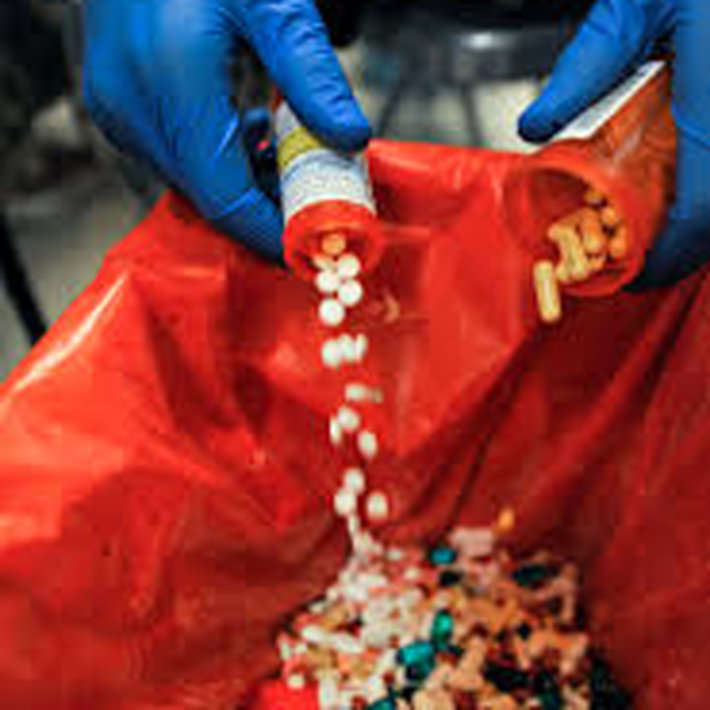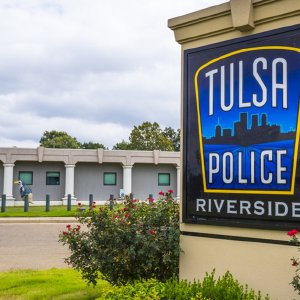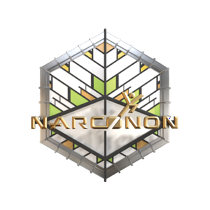How Prescription Drug Take-Back Programs Help
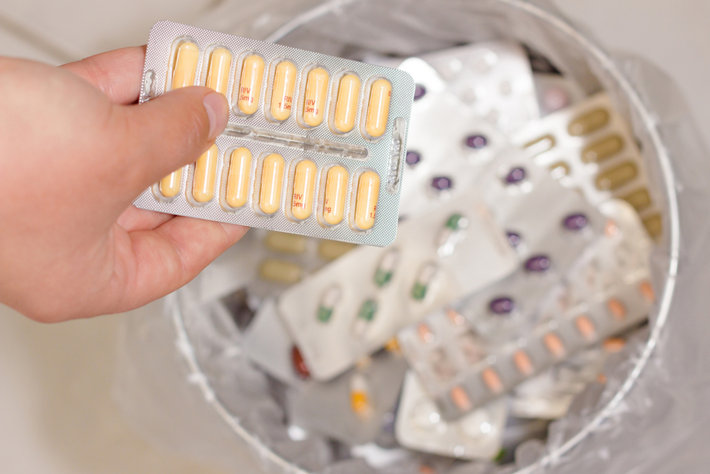
As the U.S. prescription drug addiction problem has grown progressively worse, multiple solutions have been presented in an effort to do something about the problem and to effectively reduce it. Prescription drug take-back programs are one such approach that is earning national recognition as being effective. A prescription drug take-back program is any program, whether community sponsored or privately funded, which helps people to dispose of unused pharmaceuticals.
Why Prescription Drug Take-Back Programs are Important
21st-century drug addiction is nothing like any drug problem this country has faced before. In modern day, addicts are more likely to get drugs from a friend, a parent’s medicine cabinet, or at a shady pharmacy than they are to do an actual drug deal on the streets. Pharmaceutical drugs, even though they are supposedly safe and helpful to us, actually pose the greatest risk to us. Pharmaceutical drugs account for the majority of drug abuse problems today, with more people being addicted to pharmaceuticals than all other drugs combined.
According to the Centers for Disease Control and Prevention, 2014 saw more than thirty thousand overdose deaths. Of those deaths, more than eighteen thousand of them were from people who had sadly overdosed on pharmaceuticals. 2015 saw more than forty-two thousand overdose deaths, thirty thousand of which at least were from prescription drugs. 2016 saw more than sixty-four overdose fatalities, at least forty-four thousand of which were from pharmaceuticals.
It is coming to a point in the U.S. where we realize that prescription drugs (mainly opioid pain relievers but also benzodiazepines and other psychiatric medications) are simply more harm than they are a benefit to us. According to the National Institute on Drug Abuse, while the United States only comprises about five percent of the world’s population, the U.S. easily consumes more than seventy-five percent of the entire planet’s supply of pharmaceuticals every year. There is something painfully wrong with that scenario.
How Prescription Drug Take-Back Programs Help to Reduce the Pill Problem
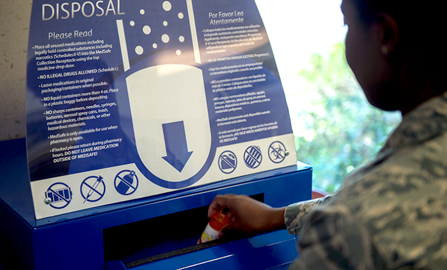
America is overmedicated. There is no arguing that point. That’s why prescription drug take-back programs and special events that are directed at getting pills out of homes and off the streets are so valuable to us.
At this point, more than five-thousand-two-hundred prescription drug take-back programs have been set up across the country. This venture was first organized by the Drug Enforcement Administration, but since then it has been championed by individual communities, pharmacies, and even state-run programs.
In addition to setting up special programs and year-round prescription drug take-back programs, the DEA also organized a special day called “The National Prescription Drug Take-Back Day” which is held on the last Saturday of every September. During this event, free and anonymous programs across the nation encourage people to come and dispose of unwanted, unneeded, and unused pharmaceutical drugs, all in an effort to remove pharmaceuticals from homes and other areas where addicts could get their hands on them.
According to one expert on prescription drug abuse, Janina Kean:
“National Prescription Drug Take-Back Day and other similar awareness programs are extremely important, common-sense tools in the fight against addiction in this country. Simply put, if you keep these unwanted drugs in your medicine cabinets, your children may have access to them, which is how the slippery slope towards drug addiction begins.”
Unused prescription drugs are now a public health and safety risk because these drugs are so desirable and so dangerous. In a day and age where prescription drug abuse is more of a threat than narcotic street drug use, we need all the help we can get in reducing the problem. Prescription drug take-back programs aren’t the only solution, but they will help.
Sources:
- https://teens.drugabuse.gov/blog/post/help-prevent-prescription-drug-abuse-ask-mom-and-dad-clean-out-medicine-cabinet
- https://www.fda.gov/Drugs/ResourcesForYou/Consumers/BuyingUsingMedicineSafely/EnsuringSafeUseofMedicine/SafeDisposalofMedicines/ucm186187.htm
- https://www.deadiversion.usdoj.gov/drug_disposal/takeback/
- https://health.usnews.com/health-news/articles/2014/09/26/national-prescription-drug-take-back-day-set-for-saturday
